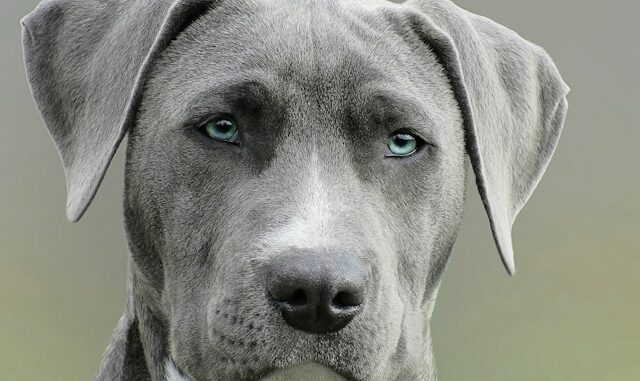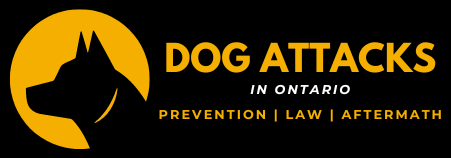
Dog attacks can leave lasting physical and emotional scars. While seeking medical attention and emotional support are crucial, navigating the legal system to hold the responsible party accountable is also important. The Dog Owners’ Liability Act (DOLA) in Ontario enforces strict liability, but who exactly qualifies as the “owner” when an attack occurs? This article explores the concept of ownership and shared responsibility in the context of dog attacks in Ontario.
Beyond the Name on the Leash: Understanding Legal Ownership
The DOLA defines the “owner” as the person who has “care and control” of the dog at the moment of the attack. This definition extends beyond the person whose name appears on the dog’s license or registration. Here’s a breakdown of potential liable parties:
- Co-Owners: If a dog has multiple owners, all co-owners can be held jointly and severally liable for the attack. This means the victim can pursue compensation from any or all co-owners, regardless of who was physically present during the attack.
- Dog Walkers and Trainers: Professional dog walkers and trainers are considered owners under the DOLA while they have physical care and control of the dog. If an attack occurs during a professional walk or training session, the walker or trainer can be held liable.
- Temporary Caregivers: Anyone entrusted with the care and control of a dog, such as a friend, family member, or pet sitter, becomes a temporary owner under the DOLA. If the dog attacks while under their temporary care, they can be held liable.
Establishing Liability: Key Factors to Consider
Determining liability involves examining the specific circumstances of the attack. Here are some key factors considered:
- Physical Control: Who was holding the leash or otherwise physically controlling the dog at the moment of the attack?
- Legal Agreement: In situations involving professional dog walkers or trainers, a written contract outlining responsibility might exist.
- Prior Knowledge of Behavior: If the person caring for the dog was aware of any aggressive tendencies, their liability might be increased.
Shared Responsibility: Exceptions to Strict Liability
The DOLA outlines limited exceptions to strict liability. If the injured person was trespassing on private property with no lawful excuse, or if they were provoking the dog in a way that would have caused a reasonable dog to attack, the owner might have a partial defense. However, the onus remains on the owner to prove these exceptions.
Navigating Complexities: Seeking Legal Guidance
Dog attack cases involving shared responsibility or unclear ownership can be complex. Consulting a personal injury lawyer experienced in dog attack cases is crucial. They can assess the specific circumstances of your situation, investigate who was legally responsible for the dog at the time of the attack, and ensure you receive fair compensation for your injuries.
Protecting Yourself: Information Gathering After an Attack
If you’ve been attacked by a dog, gather as much information as possible to build a strong case:
- Identify the Dog Owner: Obtain the name and contact information of the person who was controlling the dog at the time of the attack.
- Get Witness Statements: If anyone witnessed the attack, obtain their written statements or contact information. Their accounts can corroborate the events and strengthen your claim.
- Gather Medical Records: Keep all medical records, receipts, and documentation related to your injuries and treatment.
Preventing Attacks: Responsible Ownership and Public Safety
Dog attacks are often preventable. Here’s what dog owners can do:
- Proper Training: Enroll your dog in obedience training to equip it with the skills to navigate situations calmly and respond to commands effectively.
- Leashing in Public Spaces: Always leash your dog in public spaces to maintain control and prevent unexpected interactions.
- Understanding Your Dog’s Body Language: Learn to recognize your dog’s signals of anxiety or aggression to prevent situations from escalating.
Shared Responsibility: A Multi-Faceted Approach
While the DOLA holds dog owners strictly liable for attacks, understanding shared responsibility allows for a more nuanced approach. By holding not just the named owner, but also those entrusted with the dog’s care, accountable, the act promotes responsible dog ownership and prioritizes public safety.
Beyond Blame: Seeking Closure and Moving Forward
Holding the responsible party accountable for a dog attack doesn’t erase the trauma, but it can provide a sense of justice and financial security as you recover. Remember, legal recourse is just one aspect of the healing process. Prioritize your physical and emotional well-being, and seek professional support if needed.
Understanding ownership and shared responsibility empowers victims of dog attacks in Ontario. Knowing your rights and seeking legal guidance can ensure you receive fair compensation for your injuries.
